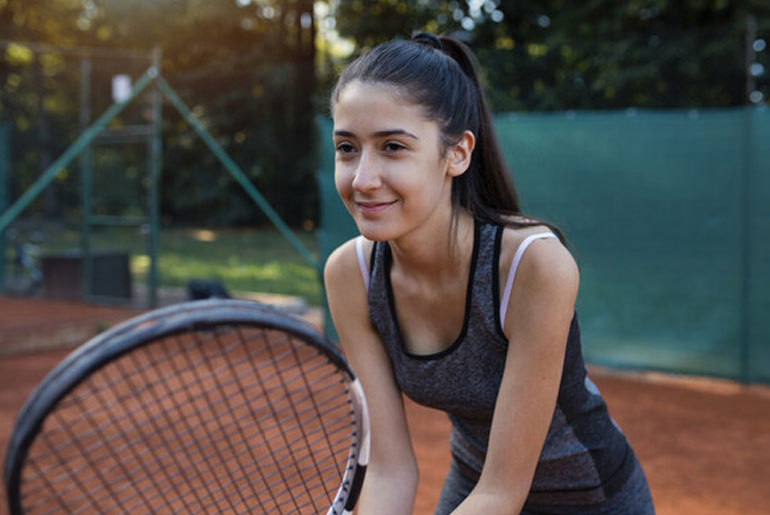Student athletes across America are experiencing burnout at alarming rates. Many undergo rigorous athletic training along with heavy school workloads, leaving little to no time for social activities, down-time and most importantly, sleep. The overworked student athlete culture was once revered and jam-packed schedules and stress were like badges of honor. But studies have shown an increase in depression, anxiety and suicidal attempts amongst teen athletes. They face unique pressures that impact their ability to thrive in traditional school environments while actively pursuing their passion for sports.
A 2023 survey revealed that approximately 91 percent of high school athletes experienced some level of stress due to their sport, with 58 percent reporting a moderate to an extreme amount of stress. Student athletes are suffering, and school leaders are failing to examine the relationship between student exhaustion and its effects on mental health.
Not only are high school mental health resources limited, for athletes’ mental health carries a stigma of weakness. “Student athletes are meant to be pillars of strength within their schools and communities. Athletes are not usually encouraged to speak out about how taxing school can be on top of their daily athletic passions,” states Paul Niemand, previous student athlete, veteran educator and academic coach at Holston Academy, an accredited online school for 6-12th grade.
The average athlete begins their day between 5:30 – 6 a.m. and typically ends it after 11 p.m. Exhausting right? “Our solution for athlete burnout is to identify the needs of the student athlete and their family, and create a personalized, flexible education plan so the student can pursue their athletic passion and their educational goals,” states Niemand. “Our athletes don’t have the bandwidth to perform their best in traditional school. Personalized instruction with a flexible schedule is a must.”
Online schools can be a great option for student athletes struggling with the stress of a full plate. They are able to provide more flexibility and work around training schedules. In addition to flexibility, students at an online school like Holston Academy are supported by a team of academic advisors who provide socio-emotional support and life skills along with academic lessons to develop critical thinking.
Holston Academy teaches students how to advocate for their needs whether it’s related to mental health or everyday challenges. The school strives to create a space that is welcoming and empathetic to the individual needs of each student.
Disclaimer:
The information contained in this article is for educational and informational purposes only and is not intended as a health advice. We would ask you to consult a qualified professional or medical expert to gain additional knowledge before you choose to consume any product or perform any exercise.







